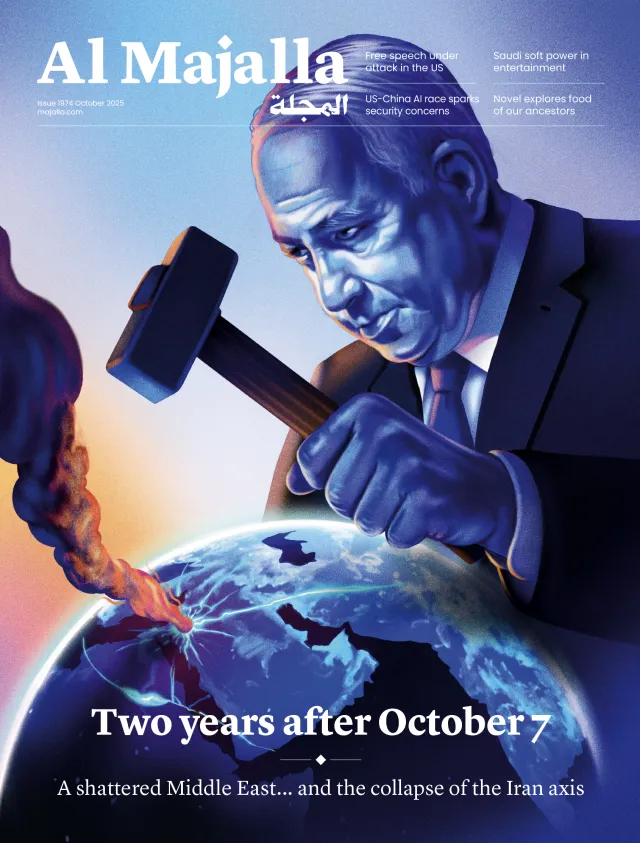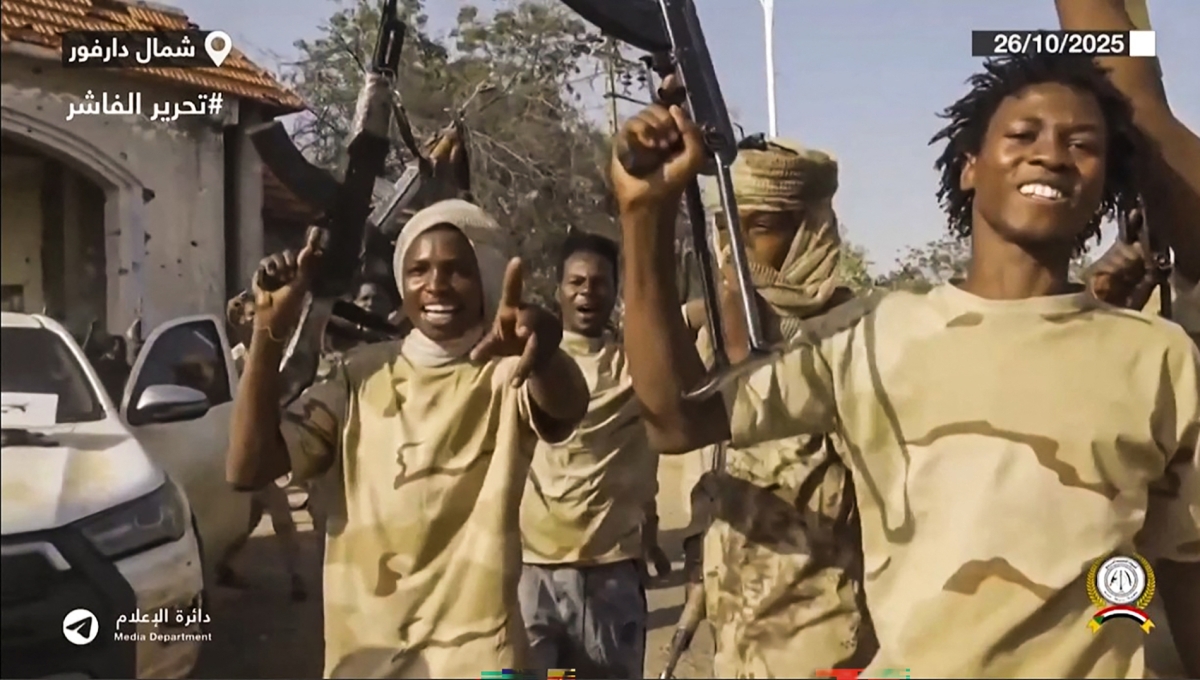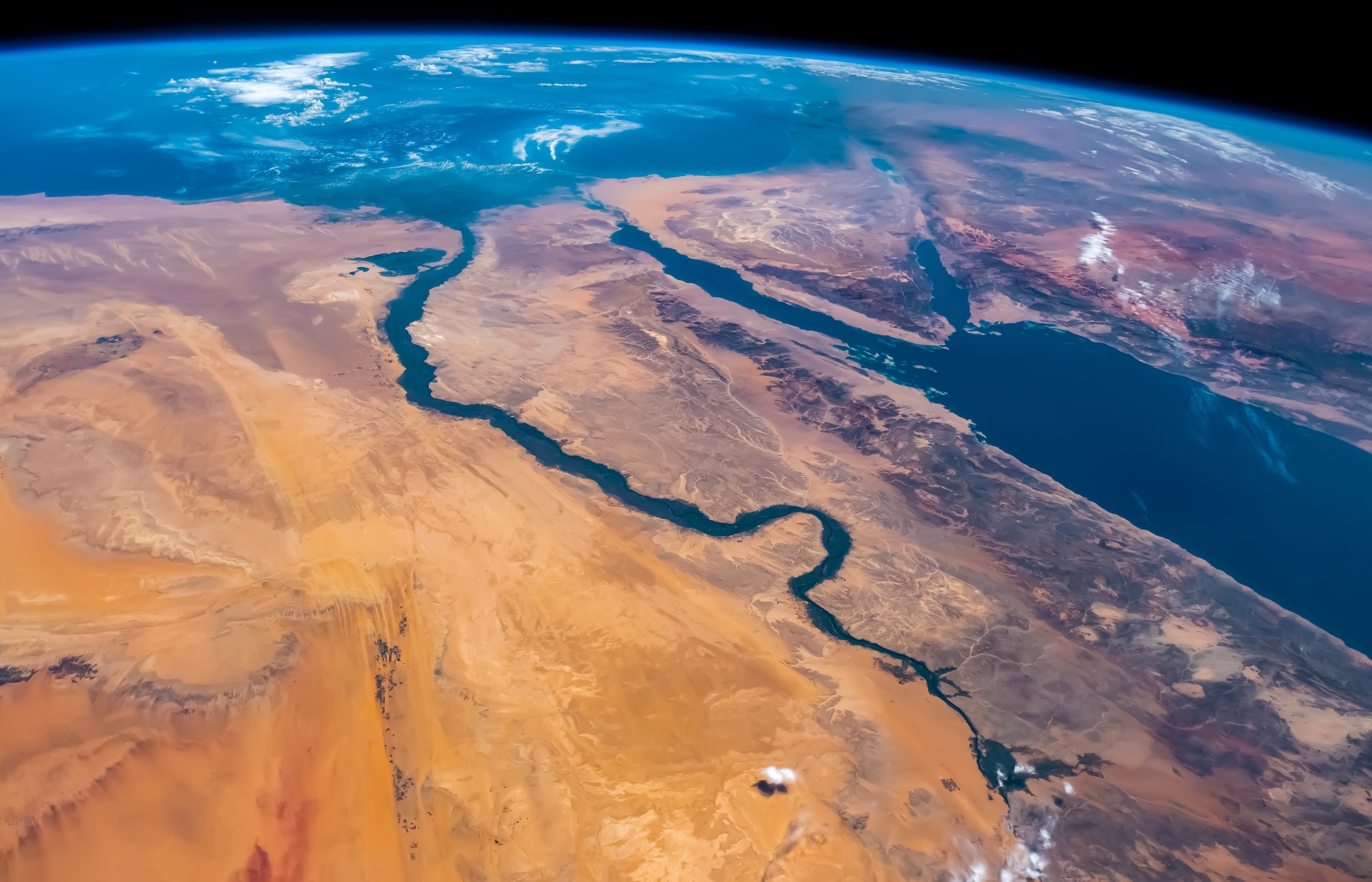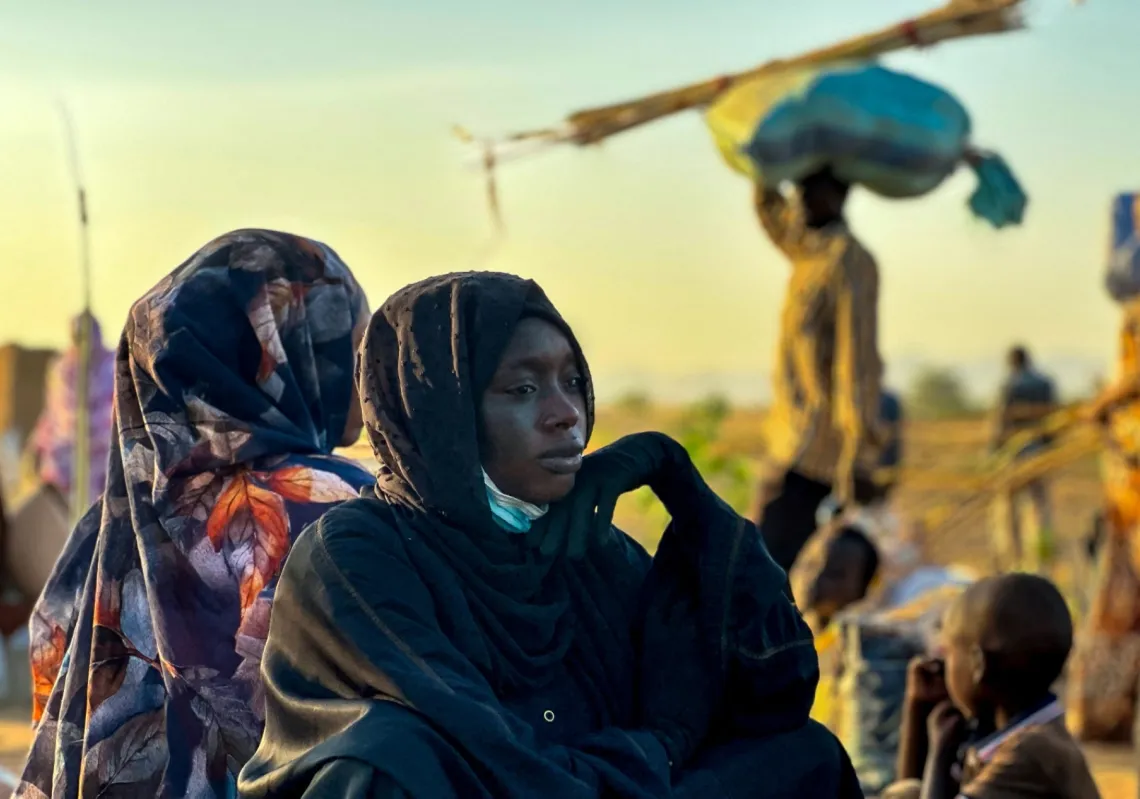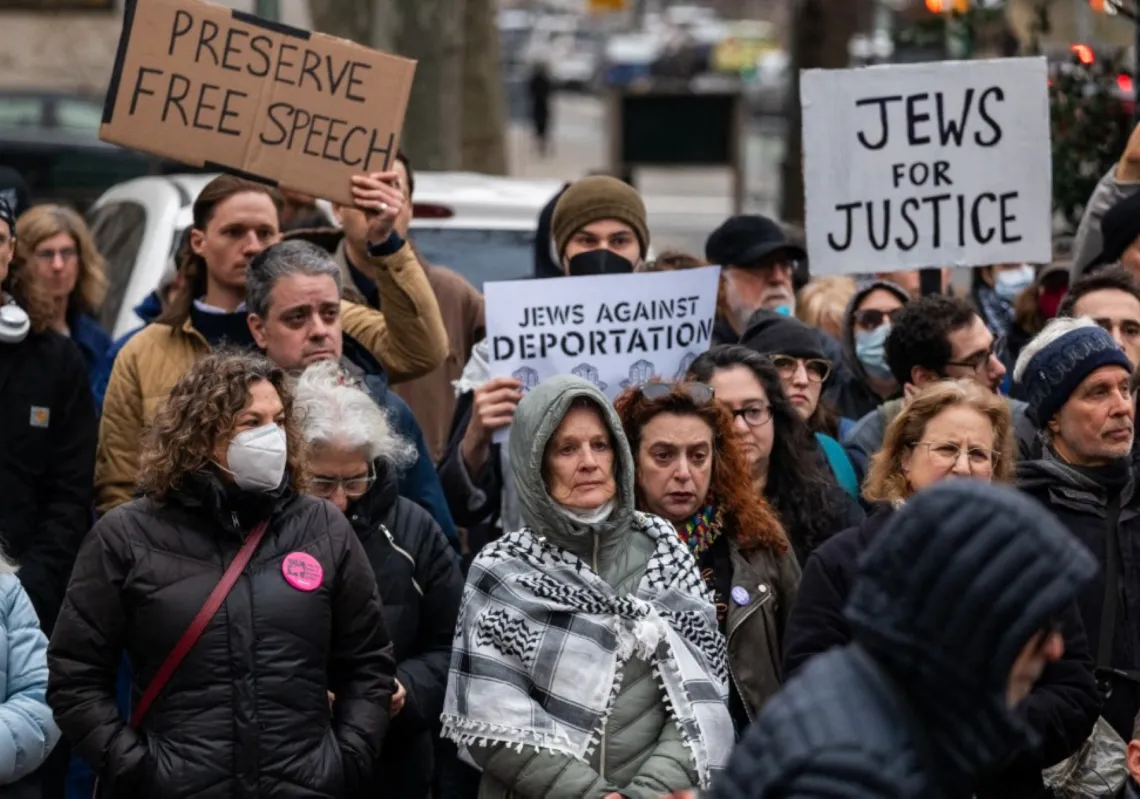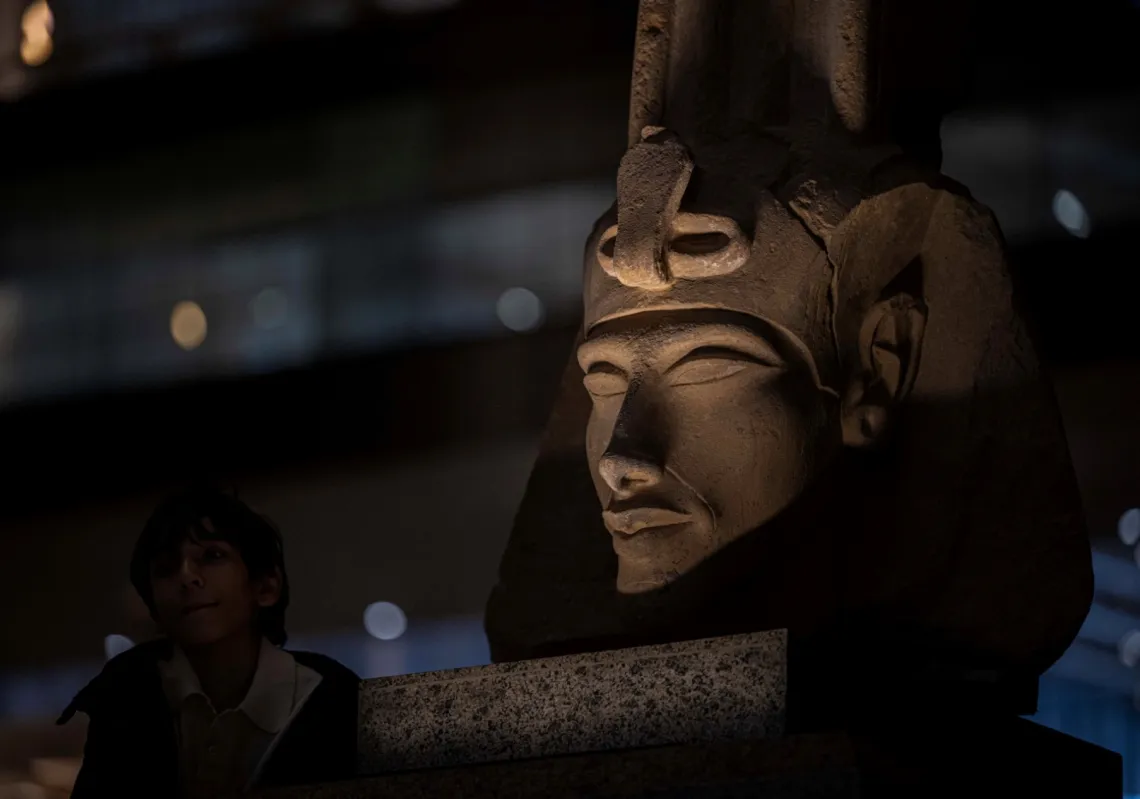From Egypt’s perspective, there is no good news coming out of Sudan, where civil war has raged since April 2023. In recent days, that has only been underlined by the fall of el-Fasher, the army’s last stronghold in Darfur, Sudan’s giant western region. Given that Egypt and Sudan share a 1,270km border, these developments are of acute interest in Cairo.
El-Fasher fell to the paramilitary Rapid Support Forces (RSF) at the end of October, with atrocities widely reported despite a communications blackout. Satellite images appear to show piles of bodies, as RSF soldiers finally entered a city to which they had laid siege for 500 days.
The city’s capture will make Sudan’s humanitarian catastrophe far worse. Among the reported RSF atrocities has been the ethnic cleansing of non-Arab groups and the blocking of safe evacuations for up to 300,000 civilians trapped in the city.
Unwelcome developments
The RSF’s establishment of a de facto separate state in Darfur is a dismal prospect for Egypt, which lies only 350km away. It amplifies Egypt’s vulnerabilities in security, migration, and diplomacy. On 28 October, Egypt said it opposed the partition of Sudan and called for a humanitarian ceasefire.
Cairo has backed the Sudanese Armed Forces (SAF) politically and diplomatically but has avoided direct military involvement. RSF commander Mohamed Hamdan Dagalo (known as Hemedti) has nevertheless accused Egypt of airstrikes against his forces on behalf of the SAF.

The capture of el-Fasher completes RSF control over western Sudan, including over a strategic border area in Sudan’s north-western corner, between Sudan, Egypt, and Libya, and not far from Chad. In June this year, the RSF occupied the area, creating a militia-dominated corridor between the four states that facilitates arms smuggling and human trafficking. It also enables militant incursions directly into Egypt’s Western Desert—a vast, porous frontier.
The situation is already strained by instability in Libya. Egypt’s 1,115km border with Libya is now an arms smuggling hotspot, with some weapons ending up in the hands of jihadist groups like Islamic State (IS), which fought the Egyptian army in Sinai for years. The RSF nurtures ties with jihadists in Africa, so Cairo will fear an increase in terrorism.
It will also be concerned about displacement. Around 12 million Sudanese have been forced from their homes by war, with 1.5 million making their way to Egypt to join an estimated 3.5 million refugees from Libya, Syria, Yemen, Iraq and elsewhere who are already living there.
Sudanese refugees live around cities such as Cairo and Alexandria, sharing underfunded public services with Egyptians. Transport, healthcare, education, and social services are under severe strain, yet the fall of el-Fasher has triggered a new exodus, with tens of thousands fleeing the RSF inferno.

